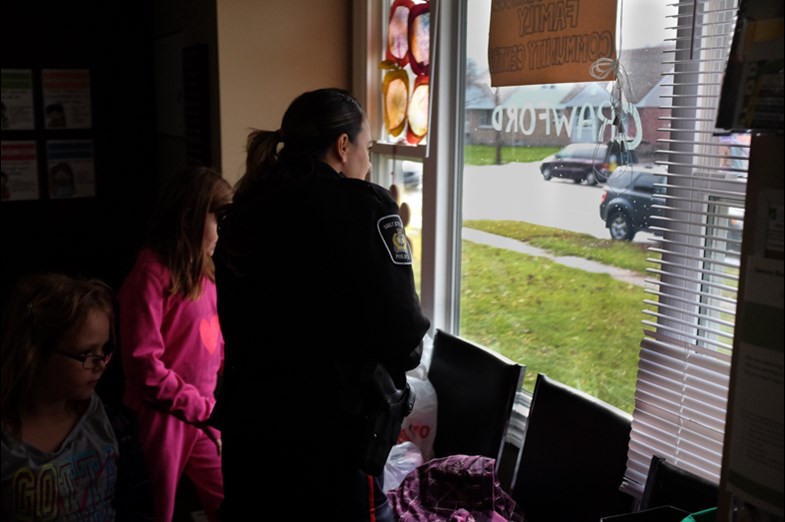0002 - Emerging Practices in Community Policing
Course Description

Brought to you by the Centre for Public Safety and Well-Being - CPSW@wlu.ca
This online, three-module course prepares police services and community partners with collaboration practices that will increase safety and well-being for the people in their communities. This course stems from the growing idea that community safety and well-being is not simply a police matter, but a collective responsibility to be shared between police, social agencies and organizations, municipal governance and the community itself.
The modules go through three transformative practices in policing that have emerged throughout Ontario in recent years. You will learn about Ontario’s mobilization and engagement model of community, risk mitigation and situation tables, and the framework for planning community safety and well-being. Not only will you learn the philosophy behind each of these practices, you will learn how to apply them in your work setting.
This course was envisioned by the Sault Saint Marie Police Service who are leaders in testing and adopting best practices in community policing. They collaborated with the Centre for Public Safety and Well-Being and the Ontario Police College to present this course for Ontario’s policing partners.
What are the Emerging Practices in Community Policing?
Emphasizing the roles, responsibilities and philosophies for non-police community members, the goal of community policing is for communities to move toward even safer and more secure conditions, and once they get there, stay that way. This course will explore:
Module 1: Ontario’s Mobilization and Engagement Model
Module 2: Risk Mitigation and Situation Tables
Module 3: Community Safety and Well-Being Planning
Course Overview
Start date: Continuous.
Delivery: Online.
Who: Open (Intended for members of police services, community service agencies and community members but anyone may participate).
Fee: $50.
Time: Approximately three hours.
Certificate of completion: Yes.
Learner Outcomes
Upon completion of the course, participants should have the skills to:- Develop an understanding of transformative policing practices.
- Identify how to work collaboratively with community resources in order to increase community safety and well-being, including recognizing barriers.
- Distinguish between reactive and proactive responses to crime and social disorder.
- Identify root causes of crime and social disorder.
- Recognize privacy legislation, information sharing and limits to confidentiality as related to situation tables.
Notes
Once you gain access, you will have 30 days to complete the modules.
Refunds
- Refund less a $25 administrative fee if the course has not been accessed
- If the course has been accessed, no refund.

